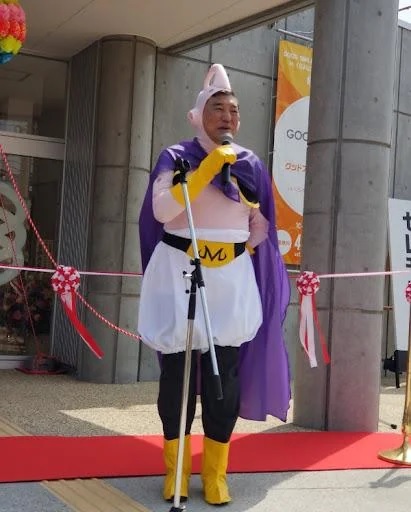Japan’s recent national election results shocked the political landscape. Prime Minister Shigeru Ishiba’s Liberal Democratic Party (LDP) and Komeito suffered significant losses. This outcome raises concerns about political stability and economic direction.
A Historic Loss for the Ruling Coalition
The LDP and Komeito won only 215 seats in the lower house. This result marks a dramatic decrease from the 279 seats they held before the election. The coalition’s performance represents its worst electoral showing since 2009. Ishiba, visibly shaken, stated, “This election has been very tough for us.” Voters expressed dissatisfaction with the ruling parties, driven by economic issues and scandals.

Rise of the Opposition
The Constitutional Democratic Party of Japan (CDPJ) emerged as the biggest winner. It increased its seat count from 98 to 148. The public’s frustration with the government fueled this rise. CDPJ leader Yoshihiko Noda declared, “This is not the end, but the beginning.” He signaled a commitment to work with other opposition parties for a government change.
Voters punished the LDP for its handling of economic challenges. The funding scandal and rising inflation eroded public support.
Implications for Governance
The election outcome complicates governance in Japan. With no clear majority, the ruling coalition must consider power-sharing arrangements. This situation may lead to political instability. Analysts predict that the LDP’s diminished strength will make economic reforms more difficult. Saisuke Sakai, a senior economist, remarked, “Uncertainty over the administration’s continuity has increased.” He indicated a likely negative reaction from the stock market.
The election also affects Japan’s relationship with the United States. Both nations face elections within days of each other. Following the results, the yen fell to a three-month low. Japanese stocks are expected to decline amid uncertainty.
The Role of Smaller Parties
The Democratic Party for the People (DPP) and the Japan Innovation Party emerged as potential kingmakers. The DPP secured 28 seats, while the Innovation Party won 38. However, both parties offer policies that diverge from the LDP’s platform. DPP chief Yuichiro Tamaki expressed willingness to collaborate with the LDP. In contrast, Innovation Party leader Nobuyuki Baba rejected any cooperation.
The DPP advocates for halving Japan’s sales tax. This proposal clashes with LDP policies. Meanwhile, the Innovation Party calls for stricter donation regulations to improve political integrity. These differing agendas complicate coalition negotiations.
Challenges Ahead for Economic Policy
Political instability may pose challenges for Japan’s economic policy. The Bank of Japan (BOJ) seeks to gradually raise interest rates. However, if Ishiba partners with parties favoring lower rates, the BOJ’s goals face significant hurdles.
Masafumi Fujihara, an associate professor of politics, stated, “Without a strong government, it would be more difficult for the BOJ to raise rates.” The new political dynamics complicate efforts to implement critical reforms related to tax and defense spending.
Japan’s ruling coalition faces a critical juncture following its electoral losses. This outcome signals a potential shift in governance and economic policy. With increasing pressure from the opposition, Japan’s political future hangs in the balance.
Our Visitor






 Users Today : 49
Users Today : 49



